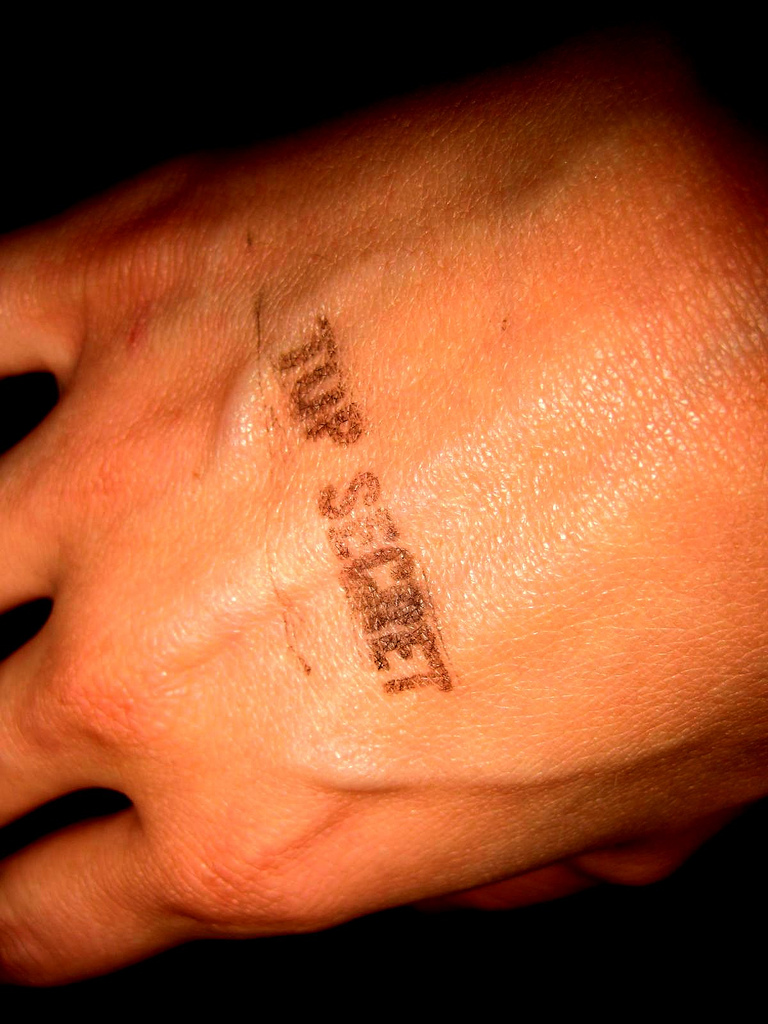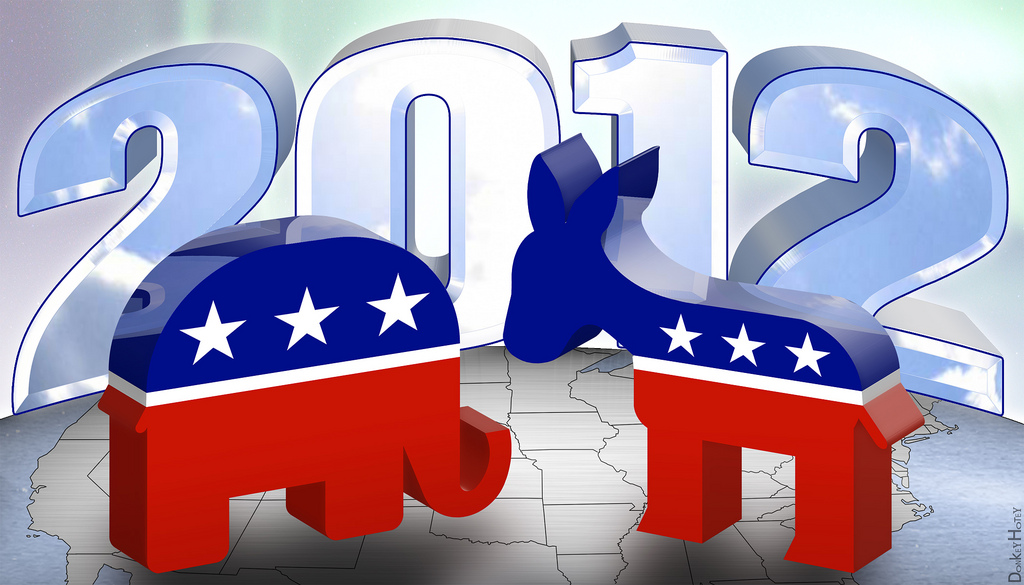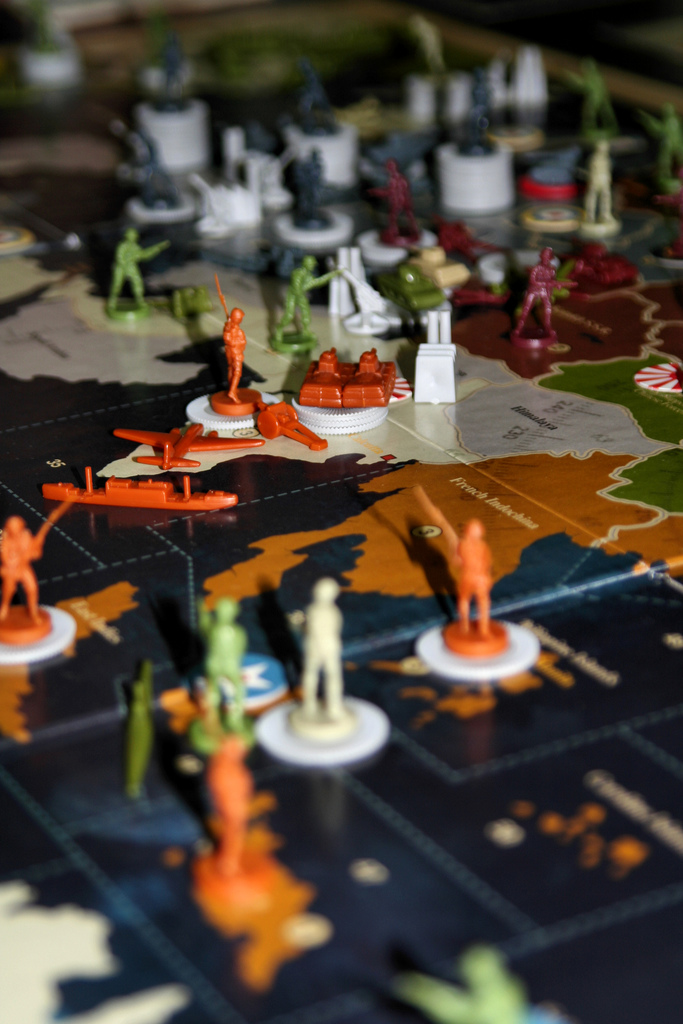Secrecy is a necessary part of government in the modern information age where an event can happen one moment and be reported to the whole world the next. According to former Assistant Director of Central Intelligence for Analysis Mark M. Lowenthal, secrecy is a essential for successful intelligence operations. Classified information collected and retained by the United States government is kept secret from the world, not solely the American people. It is unrealistic and outright impossible to allow Americans access to secret documents without the information also being accessed by the intelligence services of other nations. Disclosing classified information to American citizens, for the purpose of “open debate” or for any other reason, leads to that information being seen by any interested party with an Internet connection– including the enemies and adversaries of America. Therefore it is in America’s best interest, and thus the American people’s best interest, for classified information to remain guarded closely so it does not fall into the hands of those seeking to harm the United States. Secrecy helps ensure America’s safety.
The assertion that the American people “have a right to know” about classified in-formation fails to capture fully how classified material relates to the public. What purpose does it serve to disseminate information to the average American? It is essential that the operations designed to protect the American people from foreign enemies and domestic threats are successful. Information asymmetry helps ensure mission success by allowing our security and intelligence services to exploit the power of surprise and superior situational awareness. Would a poker player reveal his cards to his opponents in a high-stakes game of poker? Unlikely. Similarly, a government’s ability to keep important information hidden from its adversaries enhances strategic and tactical advantages, and can prevent well meaning but unauthorized vigilantes from muddling in the work of trained professionals.

There are rare instances where classified material is used to cover up wrongdoings, as in cases of extraordinary rendition but these are exceptions – not the rule. The vast majority of classified material is kept secret to protect the sources and methods used to collect information. The advanced technology used to collect various forms of information must remain a secret so others do not develop the ability to use it against America, undermine, or evade its use.
More than just paperwork, the work that goes on in the dark world of intelligence and diplomacy ensures the safety of Americans and the pursuit of their interests. Intelligence operations must be conducted in secret so that targets or their allies do not disrupt collection efforts. For example, the Federal Bureau of Investigation keeps investigatory case files closely guarded so suspects do not flee before they can be apprehended. Publicly releasing the case file on a suspected terrorist cell before its members were arrested would foil the operation and could put law enforcement officers’ lives at risk if the terrorists were given time to prepare for the sting. For the same reason, military operations are often planned in secrecy to preserve the element of surprise when conducting an attack on the enemy.
The recent mass data dumps of classified American military and diplomatic documents by WikiLeaks show why classification regulations ought to be respected by members of the intelligence community and the public at large. Between the Iraq and Afghanistan war documents and the most recent publication of Department of State diplomatic cables, irreparable political damage has been and will be done to America and its allies around the world.
Many commentators have compared WikiLeaks to the Pentagon Papers, which revealed serious illegal actions committed knowingly by the U.S government. Daniel Ells-berg, the Department of Defense analyst who leaked the Pentagon Papers intended to bring to light the crimes committed in Vietnam. The recent WikiLeaks dump has exposed only the frankness and candor of American Foreign Service officers in reporting their observations, impressions and analysis of events on the ground overseas to inform and prepare American diplomatic strategy. The American sources of WikiLeaks’ stolen reports and cables have not declared an ethical crusade on the specific actions of their government. The major crimes exposed by the WikiLeaks scandal are those committed by the leakers themselves.
WikiLeaks seeks only to embarrass the United States and undermine American foreign interests and affairs, as evident by the indiscriminate publication of thousands of secret documents without assessing the value of information included in the mass data dump. Foreign Policy reported a list of high-value critical infrastructure in various countries around the world was included in the latest mass of leaked cables, termed “Cable-gate.” This specific list of locations is one of the most clear-cut examples of Assange’s assault on America. Now the list is in the public domain and as easily accessible to loyal citizens as to anti-American terrorists who could use it to update their list of targets. The critical infrastructure listed was classified for a reason – to keep America’s perceived vulnerabilities and interests hidden from its enemies. WikiLeaks claims no one will be harmed by its release of classified documents. Assange treats revealing state secrets like a children’s game where no one gets hurt, as if lives are not at risk from what WikiLeaks is doing. But the members of our intelligence community, diplomatic corps and the citizens whose lives and interests they serve and protect are real people and security breaches affect more than just what goes on the front page of the New York Times.



